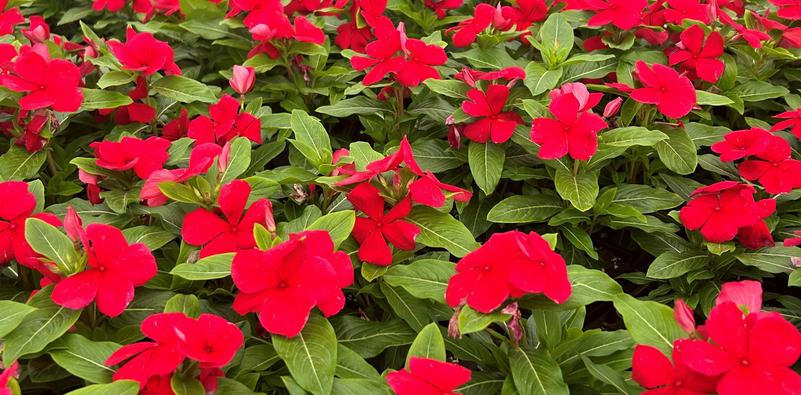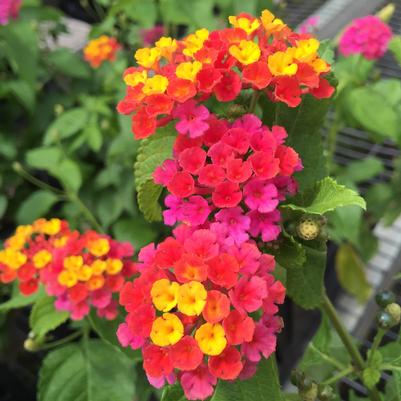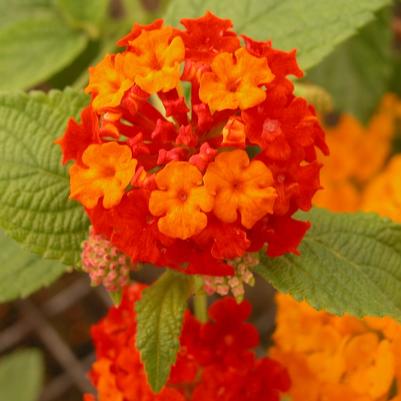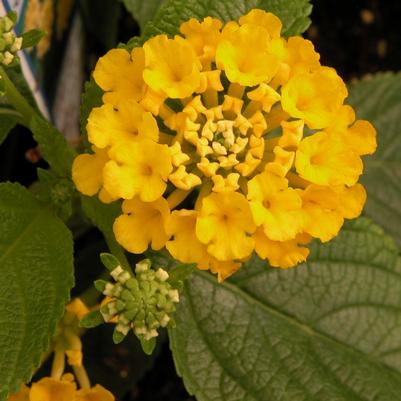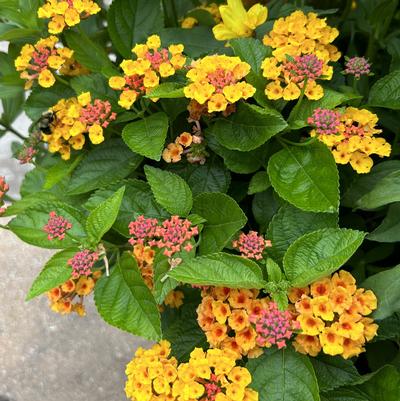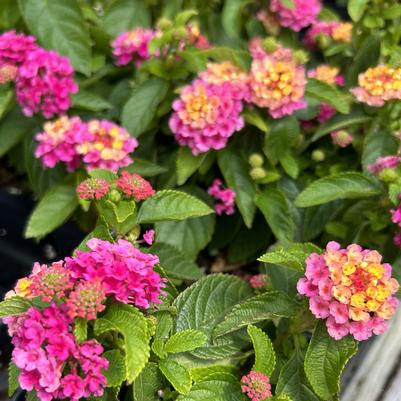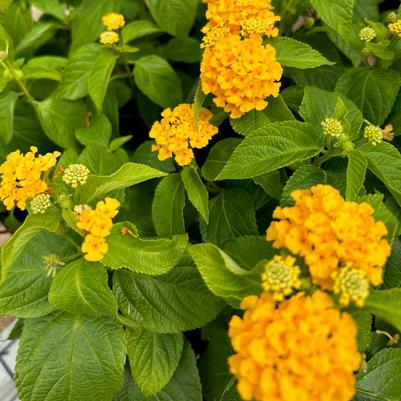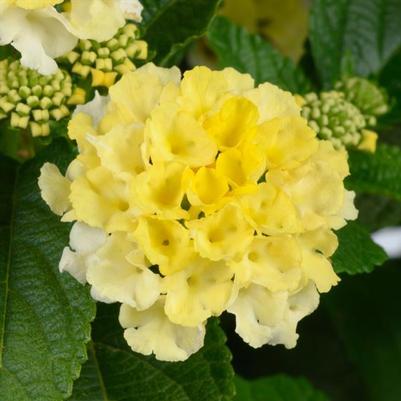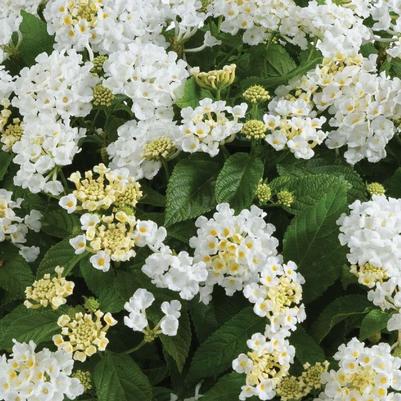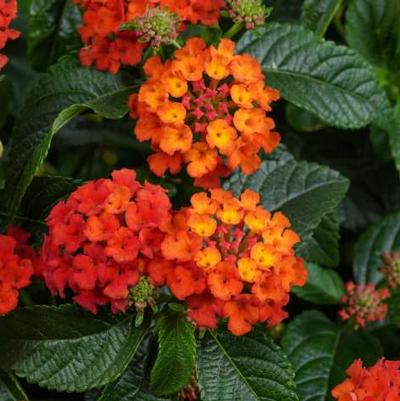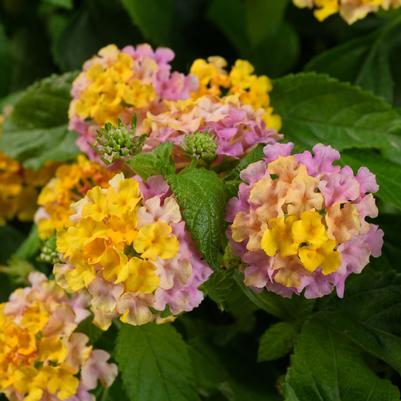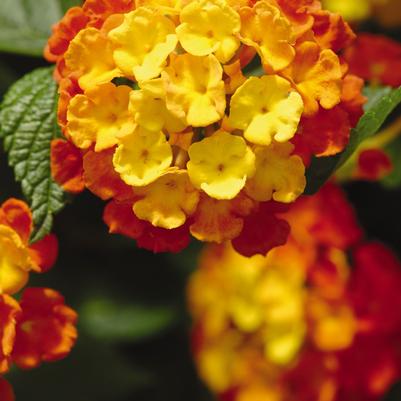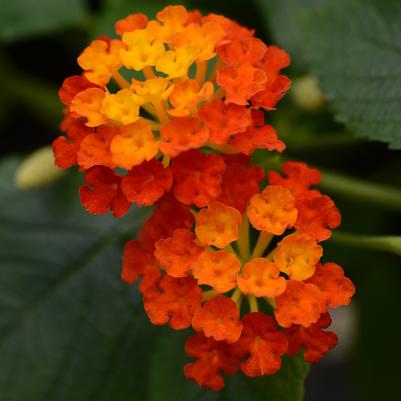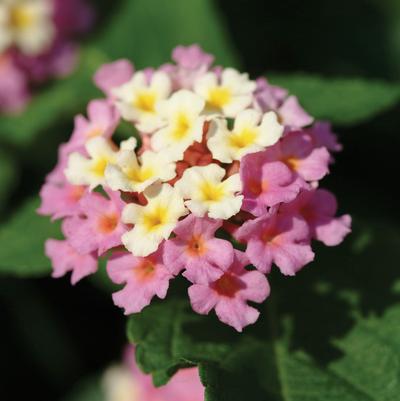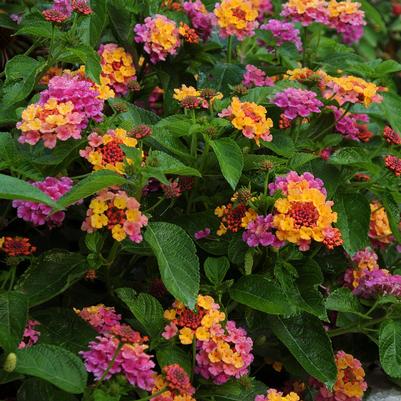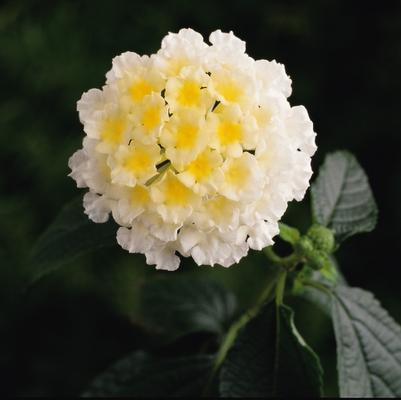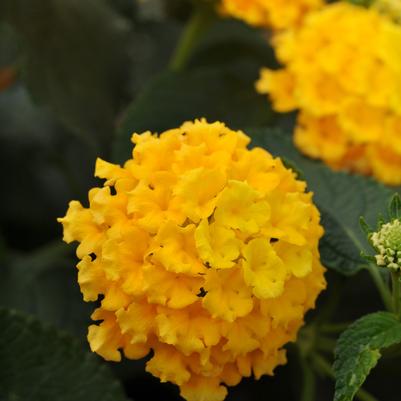Caring For Your Annuals
We want your annuals to look their best; here are a few tips to help you succeed
Choosing the Right Annual for Your Needs:
Ask yourself these questions to ensure the best selection:
- Container or Landscape? Some annuals are better suited for containers, while others thrive in landscape beds.
- What Size Plant and How Many? Consider the mature size of the plants and how many will fit in your availabl space. You can refer to the spacing chart located in the back of our catalog.
- Drought Tolerant or Irrigation? Think about your watering situation. Does your site have irrigation or does your contract allow for weekly watering? If not, consider choosing drought-tolerant varieties.
- Sun or Shade? Be sure to match the sun requirements of the plant with the location. Sunny annuals need 6+ hours of full sun daily.
Bed Preparation:
- Till and Amend Soil: Remove old mulch and break up any compacted soil to encourage healthy root growth. White tilling you can amend the soil with compost or organic matter to improve fertility.
- Avoid Excess Mulch: Too much mulch can reduce soil oxygen and suffocate the roots. Remove any excess mulch from your bed.
- Add Fertilizer: Use a slow-release, all-purpose, granular fertilizer at the time of planting and before mulching. You can also use a water soluble liquid fertilizer every 1-2 weeks to support your annuals as they grow. Proper fertilization is a key step to your success, so please follow rates and instructions from your fertilizer source properly.
Watering:
- Initial Watering: Water thoroughly immediately after planting to settle the soil around the roots.
- Watering: Annuals need regular watering throughout the growing season, depending on the weather. Some annuals may require daily watering, especially in hot weather, while others are more drought-tolerant.
- Drought-Tolerant Options: If your site lacks an irrigation system, consider selecting drought-tolerant annuals to reduce watering needs.
Pest and Disease Management:
- Inspect Regularly: Check plants frequently for pests and diseases.
- Prevent Disease: Avoid over-watering and ensure good air circulation around plants to reduce the risk of disease.
- Solutions: Refer to an IPM Specialist or your local extension office.
